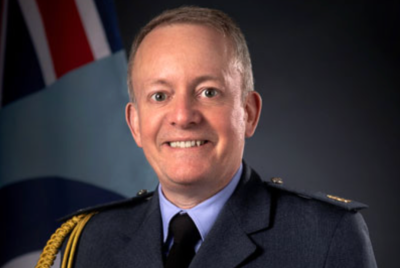Edward Snowden Scandal: 'CIA Sent Him Home But NSA Hired Him Later'
Senior UK security expert calls Snowden revelations 'most catastrophic loss to British intelligence ever'

NSA whistleblower Edward Snowden had tried to break into classified computers when he worked for the CIA in Geneva, and his supervisors at the agency sent him home for this, a new report shows.
Snowden's CIA supervisor had observed "a distinct change in the young man's behaviour and work habits" and had written a note in his personnel file in 2009, but the warnings were never communicated to the NSA, which hired him subsequently, the New York Times said in a report.
The report says Snowden would never have got the opportunity to disclose hundreds of thousands of top-secret files had the CIA's suspicions been followed up - a startling revelation that flies in the face of an agency reputed for intrusive information gathering on everyone who matters.
"The CIA suspected that Mr Snowden was trying to break into classified computer files to which he was not authorized to have access, and decided to send him home ...," the report said.
The vital information about the would-be leaker "slipped through the cracks," NYT quoted a veteran law enforcement official as saying. The supervisor's warnings were probably not forwarded to the NSA or its contractors.
Snowden, who had been employed by the CIA since 2006, left his job as a technician in Geneva in 2009. In early 2013 he joined Booz Allen Hamilton, one of the biggest security contractors in the US, as an infrastructure analyst based in Hawaii.
In between, he was still working as an NSA contractor in the US and Japan, employed by Dell Inc.
Snowden said recently he joined Booz Allen with an express intention to gain access to NSA's top-secret files.
"My position with Booz Allen Hamilton granted me access to lists of machines all over the world the NSA hacked ...That is why I accepted that position about three months ago," he told the South China Morning Post in June, after his disclosures about the NSA's Prism programme startled the world.
"... the report by the CIA supervisor and the agency's suspicions might have been the first serious warnings of the disclosures to come, and the biggest missed opportunity to review Mr Snowden's top-secret clearance or at least put his future work at the NSA under much greater scrutiny," the NYT reported, citing senior government officials, who requested anonymity.
The report said spokesmen for the CIA, NSA and FBI all declined to comment on the latest revelations.
Catastrophic Loss
Meanwhile, a senior UK security expert said Snowden's revelations of the security agencies' surveillance programmes were the "most catastrophic loss to British intelligence ever".
"The assumption the experts are working on is that all that information or almost all of it will now be in the hands of Moscow and Beijing ... It's the most catastrophic loss to British intelligence ever, much worse than Burgess and Maclean in the 1950s," the Times quoted Sir David Omand, a former No 10 adviser and former head of GCHQ, as saying.
© Copyright IBTimes 2025. All rights reserved.




















